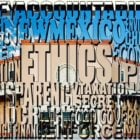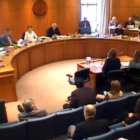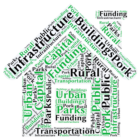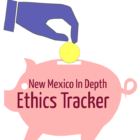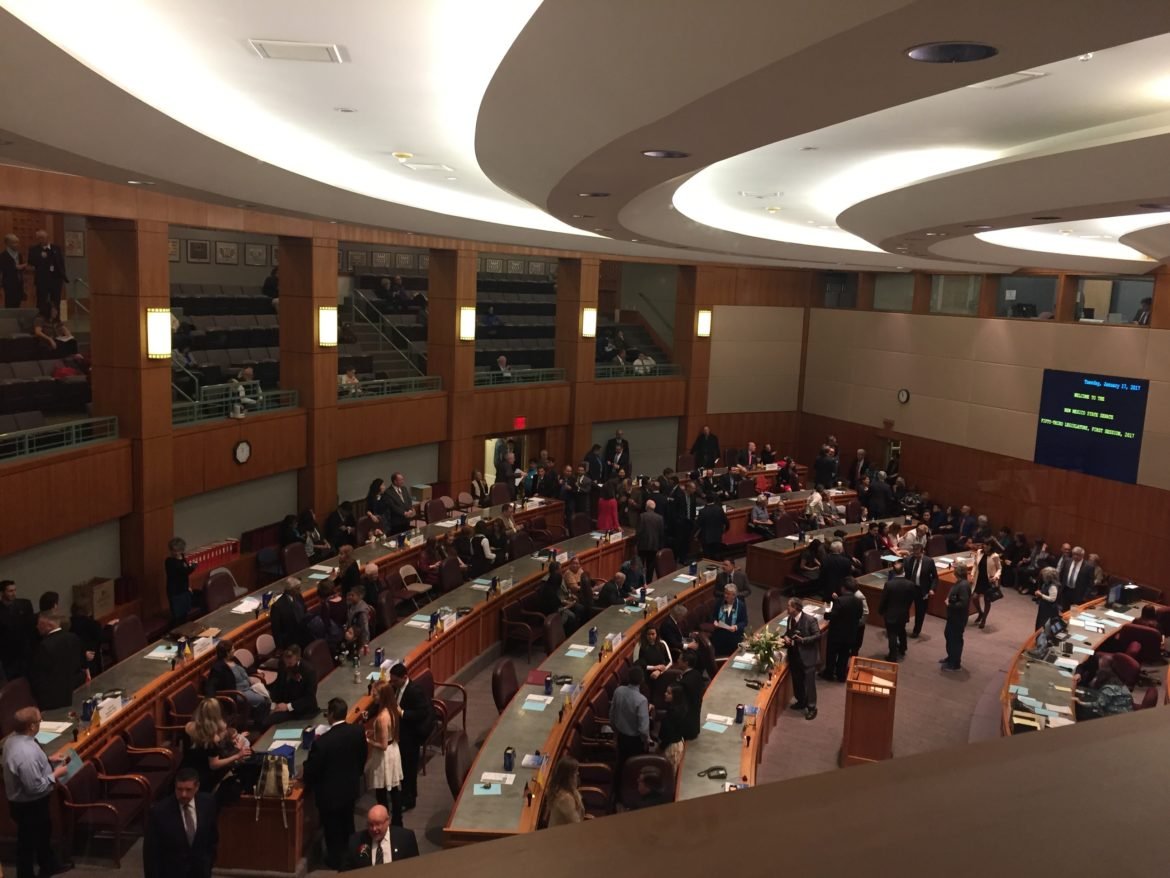2017 Legislative Session
Competing ethics proposals raise questions of secrecy and oversight
|
Last week marked the start of the 12th installment of a long-running debate among New Mexico state lawmakers. In previous years the discussion could be summed up in two questions: Should the Legislature create an independent ethics commission; and, if so, what form should it take? The perennial answer to the first question was “no ethics commission this year,” rendering moot the second as to the shape and form it would take. This year, unlike in previous sessions, however, state lawmakers will be able to debate both questions at once. With positive votes from the House State Government, Indian & Veterans’ Affairs committee on Jan.
